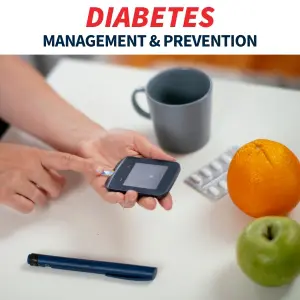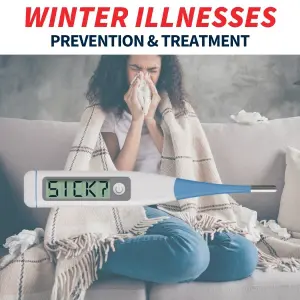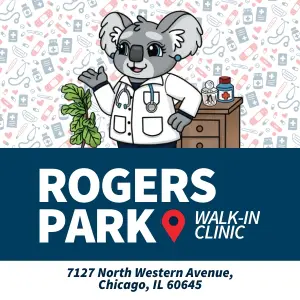What You Need to Know About HIV Testing
June 27 is National HIV Testing Day, an annual event dedicated to encouraging the public to test for HIV and prevent further spread of the virus. It is estimated that 1.2 million Americans have HIV, with about 1 in 7 infected people being unaware they have it. HIV testing is essential to getting people the care they need and reducing the spread of HIV nationwide. Read on to learn more about the signs and causes of HIV, as well as the types of HIV testing available.
What is HIV?
Human immunodeficiency virus causes the HIV infection, while acquired immunodeficiency syndrome, or AIDS, is the most advanced stage of HIV infection. HIV attacks and kills CD4 lymphocytes, which are infection-fighting cells in the immune system. When a person loses CD4 cells, it weakens the immune system and makes it increasingly more difficult to fight off infections and diseases. If not treated, HIV infection will significantly weaken the immune system and eventually advance to AIDS. Symptoms of HIV include fever, chills and rash two to four weeks after infection, as well as muscle aches, fatigue, sore throat and swollen lymph nodes.
HIV can be spread from person to person through transmission of body fluids such as blood, semen, vaginal fluids, rectal fluids or breast milk. Common risk factors for HIV include:
- Engaging in unprotected vaginal or anal sex with someone who is HIV positive
- Injecting drugs and sharing syringes, needles or other drug paraphernalia
- Currently have or have a history of a sexually transmitted disease such as syphilis, herpes, gonorrhea, chlamydia or HPV
- Have had multiple sexual partners since your last HIV test
What types of HIV testing are available?
HIV testing is available in two primary forms: antibody testing and antigen/antibody testing. For most HIV tests, you will need to wait two weeks or more after exposure to get an accurate result. Because most people have detectable levels of antibodies three months after exposure, it is likely a doctor will recommend testing at the three-month mark.
An antibody HIV test checks for HIV antibodies in blood or Saliva. This form of testing is rapid and can typically be done with an at-home testing kit, with results ready within 30 minutes. Antigen/antibody HIV testing checks for both HIV antigens and antibodies in the blood, with the test being conducted in a clinic or doctor’s office. This form of testing requires the sample to be sent to a lab for analysis, so it can take a few days before results are ready.
Who should get tested for HIV?
Health officials recommend that everyone from the age of 13 to 65 get tested for HIV at least once. Those who are at higher risk of contracting HIV are recommended to get tested at least once a year. Pregnant women are encouraged to get tested for HIV so they can start taking medication if they test positive. By taking HIV medication, pregnant women reduce the risk of transmitting HIV to their child, in addition to protecting their own health.
If you or a loved one are interested in getting screened for HIV, chlamydia, HPV or other venereal diseases, visit Midwest Express Clinic for quick, discreet and accurate STI testing. STI panel testing is available seven days a week at all clinic locations, with results delivered in as little as three to four days. To find a clinic nearest you, visit midwestexpressclinic.com/locations.




